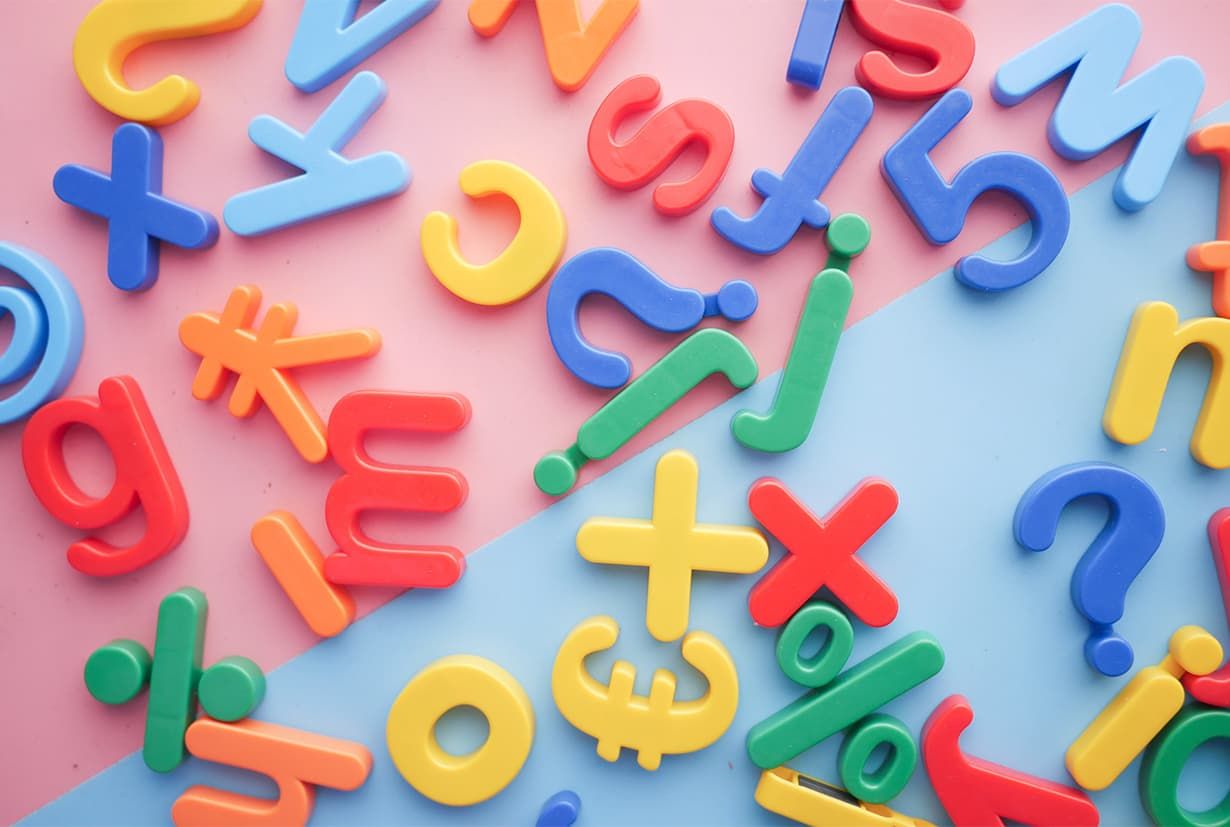Language Certificates
What You Should Know When You Want to Work in Switzerland

As recruiters, we speak with many candidates each day; their resumes provide an interesting talking point. Exchanging internally about all these conversation, one thing stood out: Many applicants have a hard time self-assessing their language skills. This is understandable, especially if one has never acquired an official language certificate. And yet: it is very important to correctly indicate your language skills on your CV, as that can quickly spell the end of the application process.
In our globalized world, foreign language skills are valuable hard skills. Official language certificates are more than just a nice add-on to an application – they communicate transparently how well one speaks a language. In Switzerland, some permits even require certificates. The problem is, if one is not familiar with them, it is quite challenging to make sense out of "B2" or "C1". What does that even mean? Where to obtain qualified language certificates? And how to self-assess language skills correctly? We shed some light on those questions.
The CEFR Global Scale of Language Proficiency
The Common European Framework of Reference for Languages (CEFR) offers a system to classify language skills into six levels of competence. This global scale ranges from A1 (low language level) to C2 (highest language level). The six levels at a glance:
A-Level: Basic user
A1: first basic language skills
A2: advanced basic language skills
B-Level: Independent user
B1: good language level
B2: fluent language level
C-Level: Proficient user
C1: fluent to business fluent language level
C2: Language skills at native level
The CEFR homepage explains the language levels in detail. In addition, there is a subpage that specifically addresses the assessment of one's own language skills and provides orientation (only in German). But to be on the safe side, you might want to take an official language test.
What language tests are available?
Please note: There are numerous options for certifying language skills. In this post, we are listing those that are helpful when moving to or working in Switzerland. Because we speak four official languages in Switzerland: German (70), French (20%), Italian (7%) and Romansh (3%). For holders or aspirants of a B or C permit, additional language requirements (at least B1) apply since 01.01.2020. Foreign nationals, who are not exempt, need to provide certified language certificates meeting generally recognized quality standards. A list of certified courses can be found at the official site fide, at the SEM, and here. Below is a selection of recommended test options for the respective languages as well as information on English certificates.
German
Goethe-Institut (A1-C2)
telc GmbH (A1-B2, C1)
Verein Österreichisches Sprachdiplom Deutsch (ÖSD) (A1-C1)
French
DELF/DALF (A1-C2)
CCIP (A1-C2)
Italian
Università per Stranieri di Perugia, CVCL – CELI 1-5 (A2-C2)
English
TEOFL
Cambridge Certificate (A2-C2)
IELTS
Those who do not need a certificate can look up free assessment tests online that help grading their languages skills, for example here.
How to prepare for language tests
Preparation is key. Therefore, one should get familiar with the test format and the topics covered in advance. Are there multiple-choice questions? Is there a listening comprehension section in addition to the written part? How much time do you have? Are points deducted for giving wrong answers or can you guess? Knowing these and other general conditions can avoid unpleasant surprises.
Learning is a matter of type! During preparation, auditory learners should read aloud foreign-language texts and be quizzed on vocabulary. Visual learning types should take notes while learning, write index cards and write down texts by summarizing them themselves.
Addressing all learning types: practice makes perfect. So, it is great to watch TV shows and news in the corresponding foreign language, listen to podcasts, read books, and communicate regularly online or offline with tandem partners.
One more tip: Do not just study with headphones! During the test, the environment of the listening comprehension part can be louder and if one is only used to undisturbed listening on headphones, this could cause difficulties. So, it is better to practice with speakers in different environments.
Mockup tests are a good option to get a feel for language tests and thus reduce stress prior to the exam. They are offered by some testing institutions, like telc, for example.
How much do official language certificates cost?
The price tag of the various language certificates varies. It depends on the level, the type of test and, of course, whether you only need a certificate or are taking a comprehensive language course. We recommend contacting the test centers of interest directly to clarify all costs in advance.
To give a ball park estimate: The DALF diploma costs around 100 to 150 SFR. For a General English Certificate at the Cambridge Institute, fees currently range from 150 SFR (level A1) to 260 SFR EUR (level C2). For the TOEFL test, prices vary depending on the country. In Switzerland, the TOEFL test currently costs 335 USD.
Important: For protection seekers from Ukraine, protection status S has been activated as of March 2022. The program focuses on help to acquire language skills that are beneficial for both social integration and working in Switzerland. Some language courses are subsidized and in some cases childcare is available. We advise to check the homepages of the cantons for details.
With or without a certificate, learning a new language broadens the horizon. We wish you success and lots of fun communicating with people from all over the world.
See you soon, à bientôt, a presto & see you soon,
your Coopers Family
Photo by Towfiqu Barbhuiya via Unsplah
Career

Temporary worker? Benefit from further training grants
Did you know that Swissstaffing financially supports your further education? Really? - Yes, if you are subject to the ...

The Value of Experience and Expertise in Recruiting
Coopers is your recruiting partner: Benefit from our experience and expertise ranging from job search to contract negotiation.

Top 7 Recruiting Trends
Top 7 Recruiting Trends – from automation top data-driven recruiting.

Coopers Bern
Recruitment in Bern: We support you with recruitment, contracting, executive search, project recruiting and more.